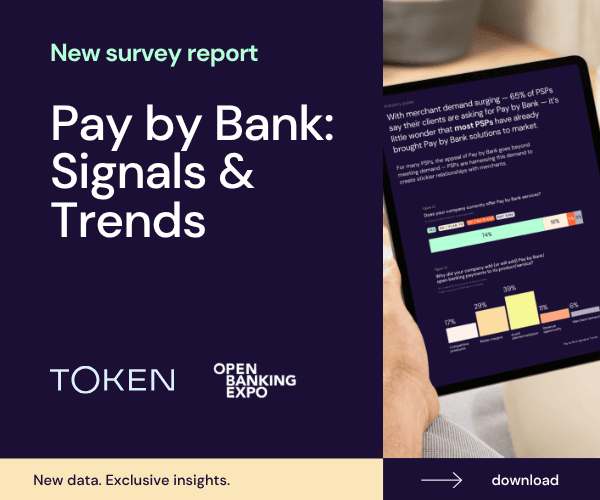
Flower Power – Bringing Your Very Own Data Daisy To Life
Dr Louise Beaumont | Insights
29 Mar 2019
Imagine a daisy – a small white flower – and I will paint a picture in your mind of what open data really means for an individual or for a small business in our open future.
Imagine that you’re the yellow bit right at the very centre of the daisy, and that each one of those white petals represents a petal of data in your life, or in the life of your business.
At the moment, if you were to imagine your data daisy, it would look a little sparse; it wouldn’t look particularly healthy. You’d have maybe one or two petals in your daisy, because all you can plug in right now are your bank current accounts: your current account petals of data.
But, in time, under the Open Banking regulations, you’re going to have more and more petals of data to plug in. You’re going to be able to plug in your saving petals of data, your loans petals, your credit cards petals, and your mortgage petals.
In time, smart companies will open up your insurance and pension petals of data to you. You’ll be able to plug these in as well. If you were in Australia, you’d be able to add your energy petals of data and your telco petals of data as well, because they are disrupting all three oligopolistic industries (banking, energy and telco) at the same time.
Powering service
Over time, you will have access to the different petals of data that you create, and you can – if you choose to – plug in those petals of data to access services which require that data to run.
Here’s a really simple example of a service that may well have used yourself; Uber.
Anybody who has used Uber has, in effect, plugged in their location petal of data so that Uber knows where you are. And if you say, “I would like you to come and get me” that’s a ride service. Or, “I would like you to bring me food” that’s a food delivery service. You’re plugging in your location petal of data to tell them where you are, and then you’re adding to that what it is that you want Uber to do for you.
As long as you are willing to share that petal of data with Uber, they can continue to provide you with their services. Uber knows we like services that work for us, services that we enjoy, services that we find pleasurable – and they work hard to ensure that their services deliver these experiences for us, so that we leave our petals of data plugged in, powering their service. Because, without our data, they cannot provide their service.
The more (relevant) petals of data that you are willing to share, the richer, more personalised – in fact, hyper-personalised, predictive and pre-emptive – the services you use will become.
Big dumb products, mass-marketed without the slightest consideration for the end consumer are dead.
Our future is using our data to access services which are rich, personalised, that wrap around us, that flex and flow powered by the data petals that we’re willing to share. And we’ll be able to access these services only if we continue to share our petals of data.



